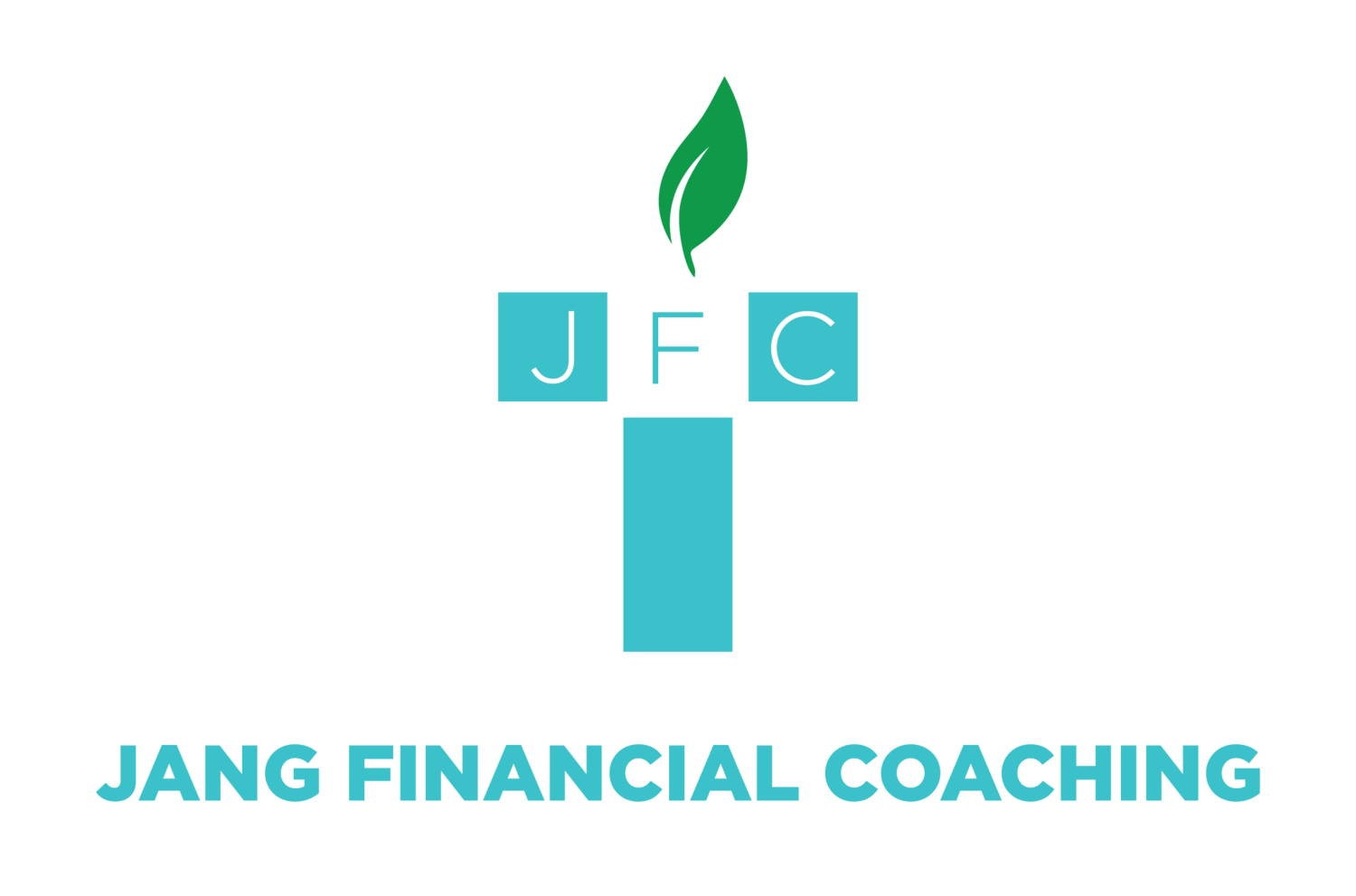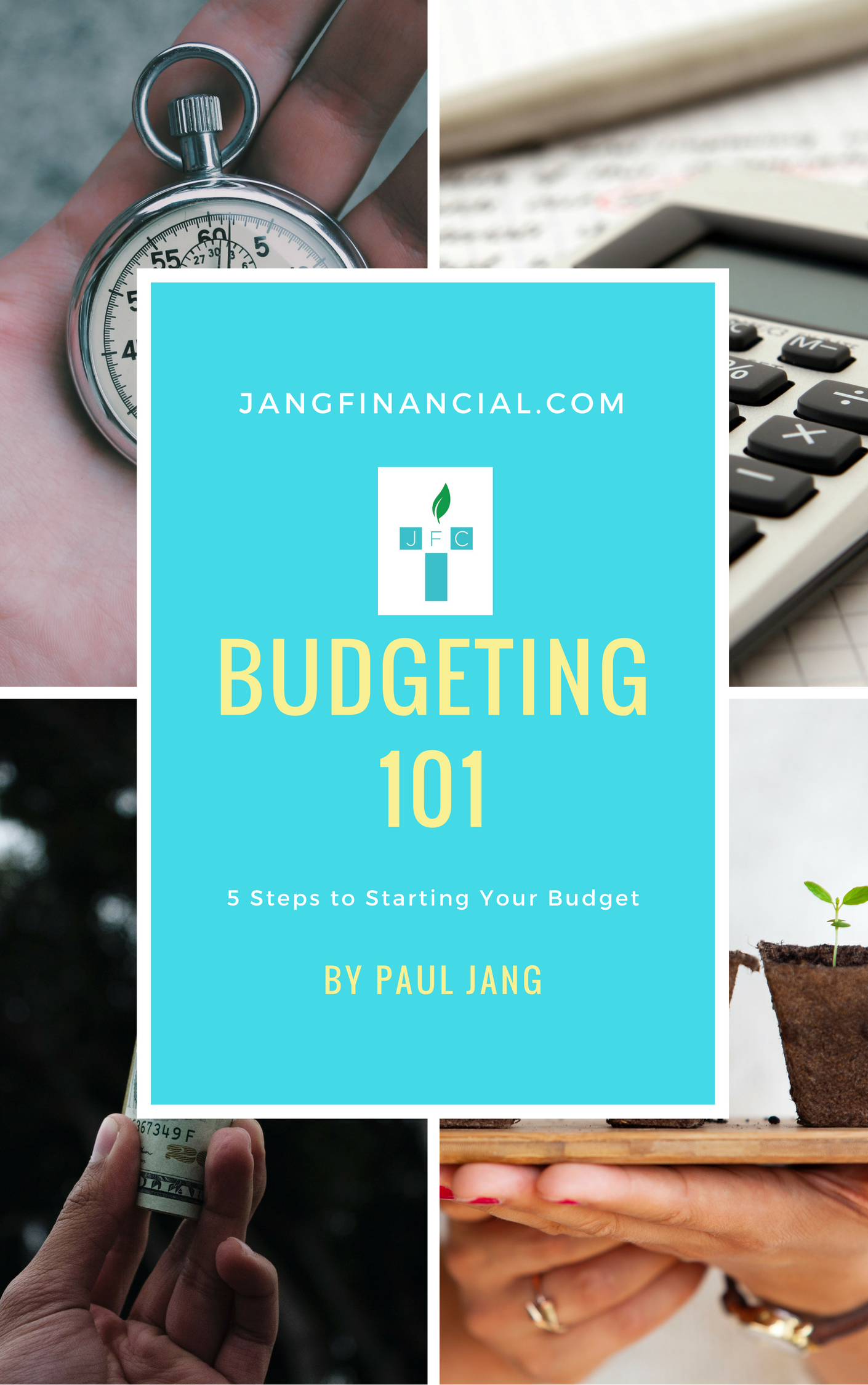A Steward’s Guide to Starting a Budget Part 3: Fixed, Variable and Lifestyle Choices
/Sam is a typical person I serve. By the way, Sam isn’t a real name. Sam lives in the NY/NJ Tri-State area and spends over 50% of his income on his housing and car payment alone. He reached out to me because he was sick and tired of living paycheck to paycheck considering that he was earning a decent income. He knew he was too comfortable with his $60K student loan, and he knew that once his credit card debt surpassed $40K, he wanted to change. He never had such a high consumer debt and the fact that he wasn’t contributing to his retirement made him finally do something about the way he was stewarding his finances. Deep down, he wanted to honor God by giving the first tenth, something he had heard and seen from those he respected in faith, but he never got to actually prioritize that in his life. He wanted to support people who were called to go as both long-term and short-term missionaries and wanted to actually position himself so that he can make eternal investments in things that mattered.
Step 1: Tracking Expenses for 30 Days
Sam tracked his expenses for the first time in his life. He asked for receipts for everything he purchased during his 30 days, from coffee, vending machine snacks, lunch, soda at the gas station, and more. At the end of each day, he just took out all of his receipts and listed them simply and began to realize how he actually spent his money. As he paid attention and tracked, he began to notice and realize what he actually valued and began to notice his patterns and type of expenses that he spent the most amount of money. Coffee, snacks and eating out was killing him. He knew what he had to do.
Step 2: Tracking Expenses by Category
After Sam tracked his expenses for about 30 days, he began to categorize his expenses generally by type.
· 1% on charitable giving
· 0% on saving
· 40% on housing
· 10% on utilities
· 15% on food
· 10% on transportation
· 2% on clothes
· 2% on medical/health
· 5% on insurance
· 15% on personal
· 10% on recreation
· 0% on debt.
Sam was spending 10% more than he was earning so he knew he had to reduce at least 10% of his expenses. In order for Sam to gain any real traction controlling his spending and pay off his credit card debt, he knew that he had to make some major changes in his life. As he heard before, Sam had to live like no one else now by making some temporary sacrifices, so that later on, he can live and give like no one else. He knew this was going to be hard, but he wanted financial peace. He wanted to have financial independence. He wanted to be financially generous. And he knew he was not currently on the path that would lead him to hear from God at the end of his life that he was good and faithful in the way he managed God’s treasures and blessings.
Areas he felt convicted to make changes were with his housing cost which ate up the largest proportion of his income, and food cost.
People tell me often when we work on their budget that by simply paying attention to where their money was going, they began to experience wins on their finances. As a wise person once said, we improve in the areas we pay attention to and measure.
Step 3: Focusing on Your 3 General Types of Expenses
After tracking your expenses for about 30 days, and begin to see the specific category of your expenses and your ratio of expenditures, it is now time to consider examining your expenses by seeing your budget by the following 3 categories: fixed expenses, variable expenses, and lifestyle expenses.
Fixed expenses such as your housing, taxes, and medical insurance premiums are usually the same amount every month and you pretty much have no choice in paying.
Variable expenses included items like vary month by month, such as your utilities, basic clothing, car repairs, reasonable gifts and more.
As for the lifestyle choices, this is the part that usually creeps up as you earn more if you are not paying attention. This can include things like transportation, entertainment, eating out, vacations, electronics, premium clothes and more.
When you are developing a plan of action for each of these three types of expenses, it is important to consider the following:
1. Fixed needs. Look for ways to reduce the fixed costs like housing costs over a long-term and don’t assume that these expenses are permanent.
2. Variable needs. Annual expenses, quarterly expenses, or monthly expenses that vary from month to month should be evened out by taking the total for the year and dividing by 12 and setting aside every month. This can include categories like insurance payments, gifts, clothes, and car repair. Just make sure you don’t spend the “surplus” money as you will have “good” months and “bad” months to even out.
3. Lifestyle Choices. Personal finance is indeed personal so make sure that the areas you are spending are indeed areas that are valuable to you. Remember, our budget (or cash-flow plan) should reflect our values and priorities in life. If we are not conscious, with each pay raise, this area can easily go out of control. Pay attention to this area, and make sure to reduce expenses in areas of little value.
As you continue this journey of stewarding what God has given you, make sure to pray and dedicate your efforts to God. If you are married, make sure you and your spouse are committed to this effort together and working together prayerfully and honestly. If you are single, find a person you respect to keep you accountable in the way you are stewarding God’s treasures. Why do we as Christians have accountability partners in so many areas of our lives but keep this crucial area of finances private and secretive?
Are you ready to get started? Contact me at paul@jangfinancial.com if you want to help disciple your congregation as God-honoring stewards from a biblical perspective, or if you yourself want to grow as a steward seeking to practically manage the finances better to hear from our Lord upon his return, “Well done, good and faithful servant. You have been faithful over a little; I will set you over much. Enter into the joy of your master.” (Matthew 25:21, 23)
Questions to Ponder:
1. When you examine your fixed expenses, variable expenses, and your lifestyle choices, how do they align with your God-given priorities and values in your current season of life?
2. As you prayerfully consider the 12 categories of your expenses, which one is the Lord convicting you to increase and decrease?
3. What are some of your biggest challenges as you are trying to grow and learn as God’s steward?
Paul Jang
Pastor | Personal Financial Coach to Individuals & Financial Stewardship Ministry Consultant for Churches
*If you want to automatically receive these weekly blogs, sign up for a free budgeting e-book at www.jangfinancial.com.



